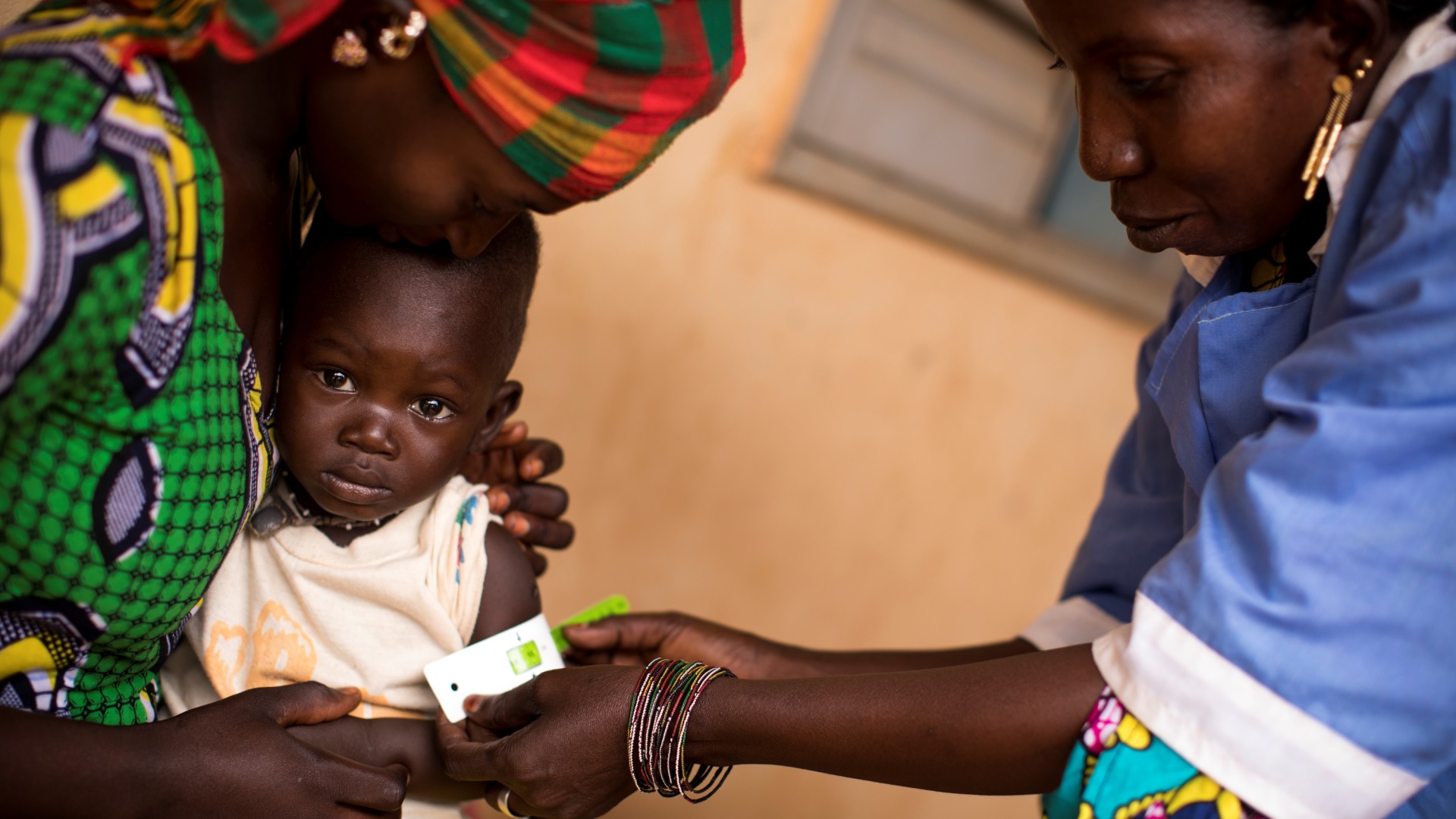
Research Dissemination Event: Relapse After Recovery from SAM
Presenting Research Findings & Discussing Implications of First-of-Its-Kind Study
On December 15, global experts in severe acute malnutrition (SAM) treatment gathered to learn and discuss the latest research results on SAM recovery and post-discharge outcomes from new multi-country panel study. First findings from nested sub-studies on how microbiome, enteric infection, immune function, WASH, seasonality, context, costing, and geospatial factors relate to SAM recovery and relapse were revealed. Attendees also discussed whether and when SAM relapse is a problem, what is and is not driving sustained recovery, financial implications, and more.
Hosted by
Action Against Hunger and USAID Bureau for Humanitarian Assistance, in collaboration with colleagues from the U.S. Centers for Disease Control & Prevention, The London School of Hygiene & Tropical Medicine, Washington University in St. Louis, Tufts University, and University of Washington.
Watch the Presentations
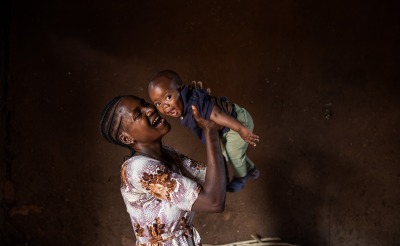
Opening Remarks
Welcome by Tobias Stillman (Action Against Hunger) and Shanda Steimer (USAID Bureau for Humanitarian Assistance)
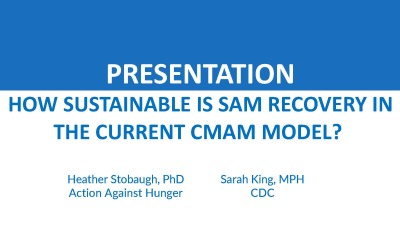
How Sustainable Is Recovery from Severe Acute Malnutrition?
Main Study Results: Post-SAM Vulnerability, Relapse Rates, and Contextual Factors Influencing Relapse Rates by Sarah King (CDC) and Heather Stobaugh (Action Against Hunger)
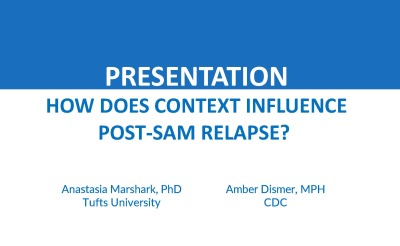
How Does Context Influence Post-SAM Relapse?
Context Influences Relapse: Seasonality and Geospatial Patterns of Post-SAM Relapse by Anastasia Marshak (Tufts) and Amber Dismer (CDC)
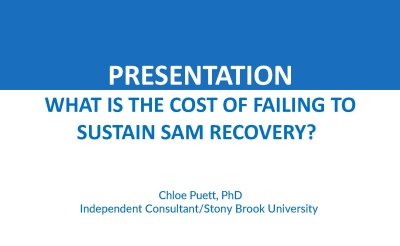
What Is the Cost of Failing to Sustain SAM Recovery?
The Cost of Relapse: Costing Analyses by Chloe Puett (Consultant)
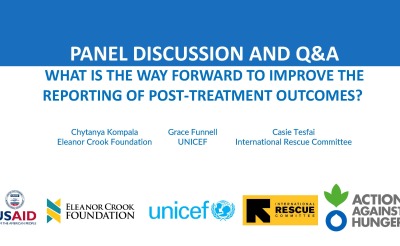
What Is the Way Forward to Improve the Reporting of Post-Treatment Outcomes?
A Panel Discussion & Q+A on Reporting Post-Treatment Outcomes with Grace Funnell (UNICEF), Chytanya Kompala (Eleanor Crook Foundation), Casie Tesfai (International Rescue Committee)
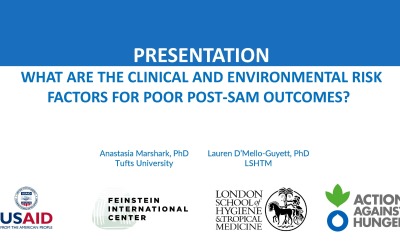
What Are the Clinical and Environmental Risk Factors for Poor Post-SAM Outcomes?
Clinical and Environmental Risk Factors: Child and Household Associations by Anastasia Marshak (Tufts) and Lauren D’Mello-Guyett (London School of Hygiene and Tropical Medicine)
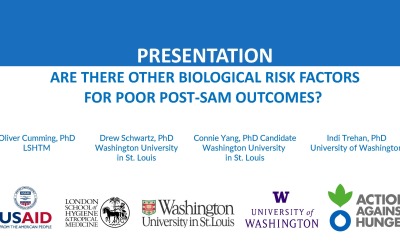
Are There Other Biological Risk Factors for Poor Post-SAM Outcomes?
Biological Risk Factors: Enteric Pathogens, Microbiome, and Immune Function by Oliver Cumming (London School of Hygiene and Tropical Medicine), Drew Schwarts/Connie Yang (Washington University of St. Louis), and Indi Trehan (University of Washington)
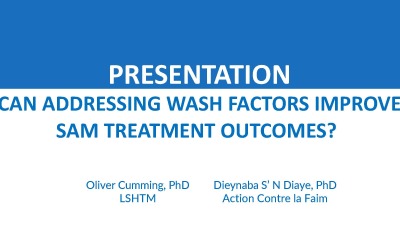
Can Addressing WASH Factors Improve SAM Treatment Outcomes?
Integrating WASH and SAM Treatment: ‘TISA Trial’ Design by Oliver Cumming (London School of Hygiene and Tropical Medicine) and Dieynaba S’N Diaye (Action Against Hunger)
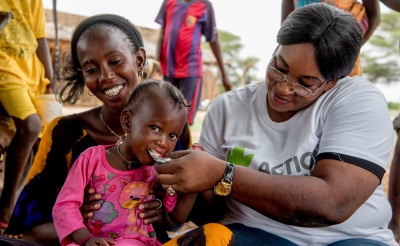
Closing Remarks
Wrap up by Heather Stobaugh (Action Against Hunger) and Tobias Stillman (Action Against Hunger)
Featured Speakers
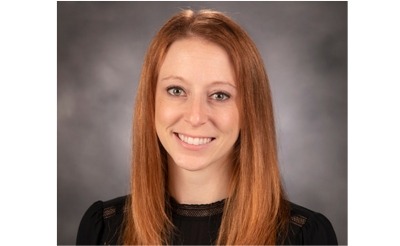
Dr. Heather Stobaugh, Action Against Hunger
Dr. Heather Stobaugh, PhD., is Senior Research and Learning Specialist at Action Against Hunger.
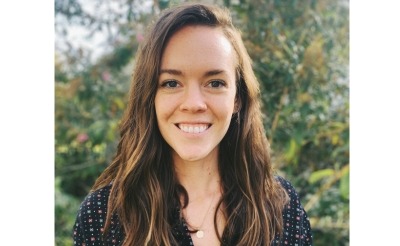
Sarah King, US Centers for Disease Control and Prevention
Sarah King, MPH, is a nutritional epidemiologist serving on the US Centers for Disease Control and Prevention’s Humanitarian Health Team.
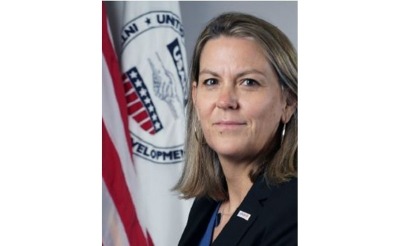
Shanda Steimer, USAID Bureau for Humanitarian Assistance
Shanda Steimer, MPH, serves as the Director for the Office of Technical and Program Quality in the Bureau for Humanitarian Assistance (BHA).

Dr. Anastasia Marshak, Tufts University
Dr. Anastasia Marshak, MA, PhD., is a Research Assistant Professor at the Feinstein International Center within Tufts University.
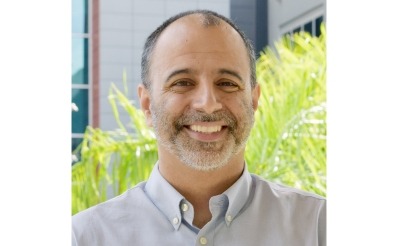
Dr. Indi Trehan, University of Washington
Dr. Indi Trehan, MD, MPH, is an Associate Professor of Pediatrics, Global Health, and Epidemiology at the University of Washington.
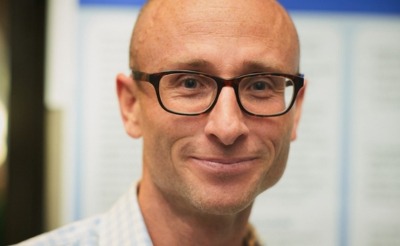
Oliver Cumming, London School of Hygiene and Tropical Medicine
Oliver Cumming is the Director of the Environmental Health Group at the London School of Hygiene and Tropical Medicine.
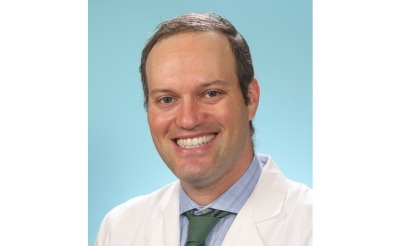
Dr. Drew Schwartz, Washington University of St. Louis
Dr. Drew Schwartz, MD, PhD, is an Assistant Professor of Pediatric Infectious Diseases, Molecular Microbiology, and Obstetrics and Gynecology at Washington University School of Medicine.

Tobias Stillman, Action Against Hunger
Tobias Stillman, MPH, is Director of Technical Services and Innovation for Action Against Hunger.
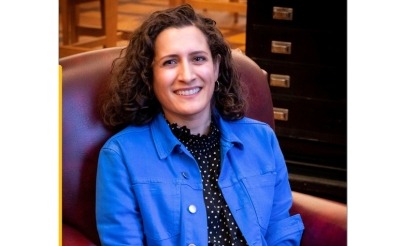
Dr. Lauren D’Mello-Guyett, London School of Hygiene and Tropical Medicine
Dr. Lauren D’Mello-Guyett is Assistant Professor in the Environmental Health Group at the London School of Hygiene and Tropical Medicine.
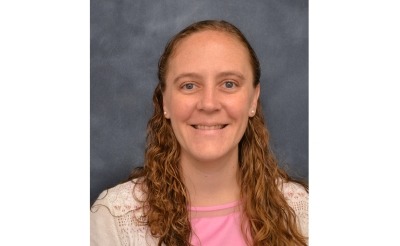
Amber Dismer, US Centers for Disease Control and Prevention
Amber Dismer, MPH, is a Health Scientist / Geographic Information Systems Specialist in the US Center for Disease Control and Prevention’s Global Public Health Emergencies Branch.

Connie Yang, Washington University in St. Louis
Connie Yang, BSc, is an MD/PhD student from Washington University in St. Louis.
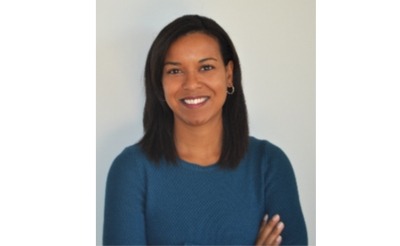
Dieynaba S N'Diaye, Action Contre la Faim
Dr Dieynaba N'Diaye is a researcher in global health, with a background in epidemiology and health economics.
Publications
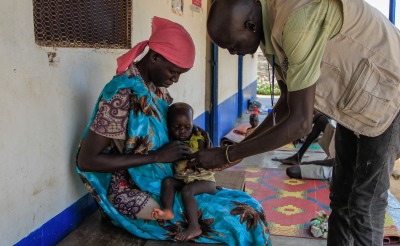
Results: Relapse After Recovery from Severe Acute Malnutrition
Rates and risks factors for relapse among children recovered from severe acute malnutrition: a multi-country, prospective cohort study in Mali, South Sudan, and Somalia
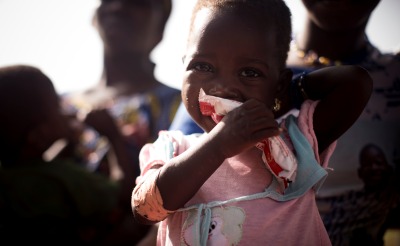
Study Protocols
A multi-country, prospective cohort study to measure rate and risk of relapse among children recovered from severe acute malnutrition in Mali, Somalia, and South Sudan
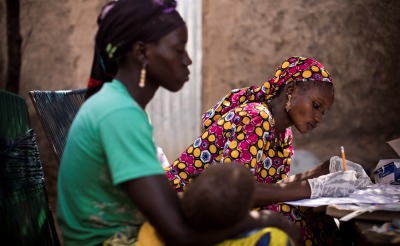
Study Protocols: Economic Implications
A multi-country, prospective cohort study to evaluate the economic implications of relapse among children recovered from severe acute malnutrition
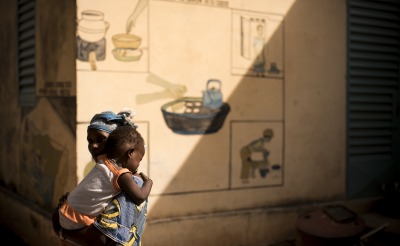
Press Release: Why Some Children Relapse After Being Treated for Severe Acute Malnutrition
This first-of-its-kind study tracked outcomes of children treated for severe acute malnutrition (SAM), a life-threatening form of hunger, across three different countries: Mali, Somalia and South Sudan.
Additional Background Reading
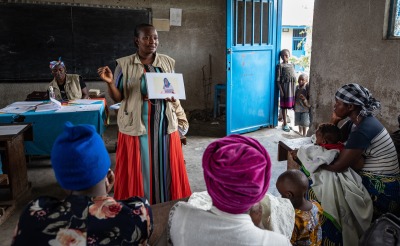
Literature Review: SAM Relapse
Relapse after severe acute malnutrition: A systematic literature review and secondary data analysis
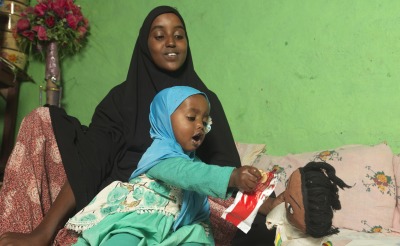
Study: SAM Relapse in Ethiopia
Relapse of severe acute malnutrition among children discharged from outpatient therapeutic program in western Ethiopia
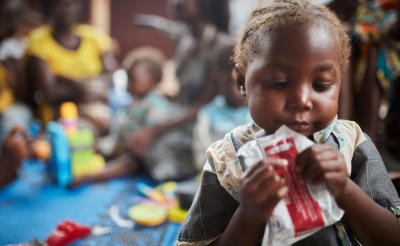
Study: Relapse and Simplified Protocols
A prospective cohort study of post-recovery relapse of children treated with a simplified, combined nutrition treatment protocol in Mali
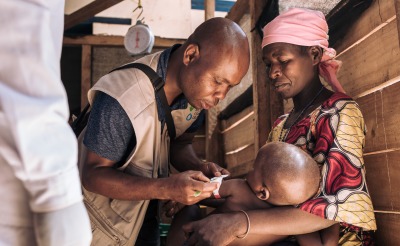
Framework: Relapse After Recovery
Relapse and regression to severe wasting in children under 5 years: A theoretical framework
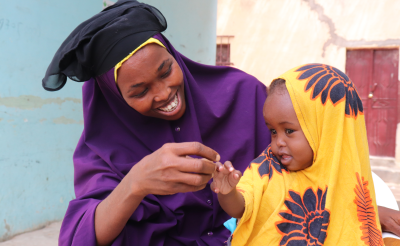
Study: MAM Relapse
Children with poor linear growth are at risk for repeated relapse to wasting after recovery from MAM
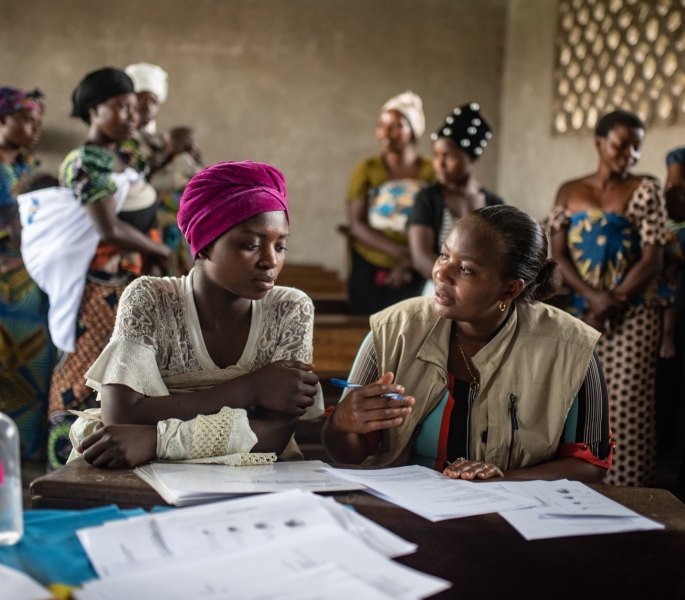
Our Research
Learn more about Action Against Hunger’s approach to research and check out our research projects.
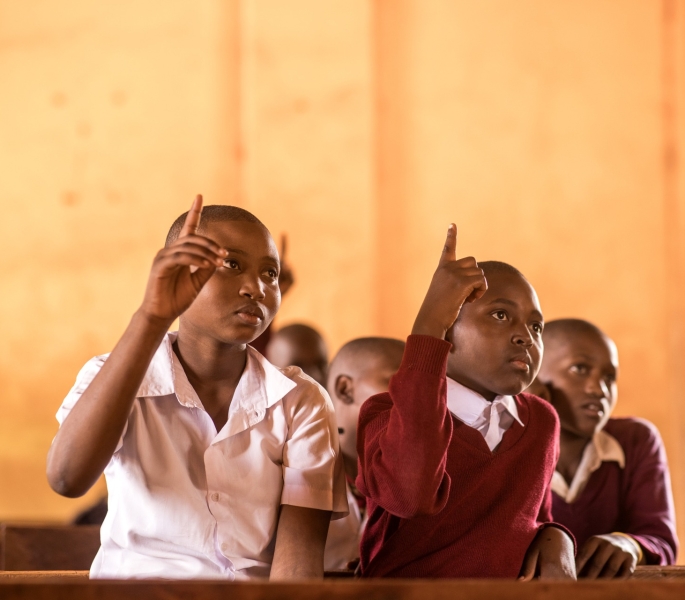
Contact Us
For more information about this event or the study, please contact Heather Stobaugh at hstoubaugh@actionagainsthunger.org.